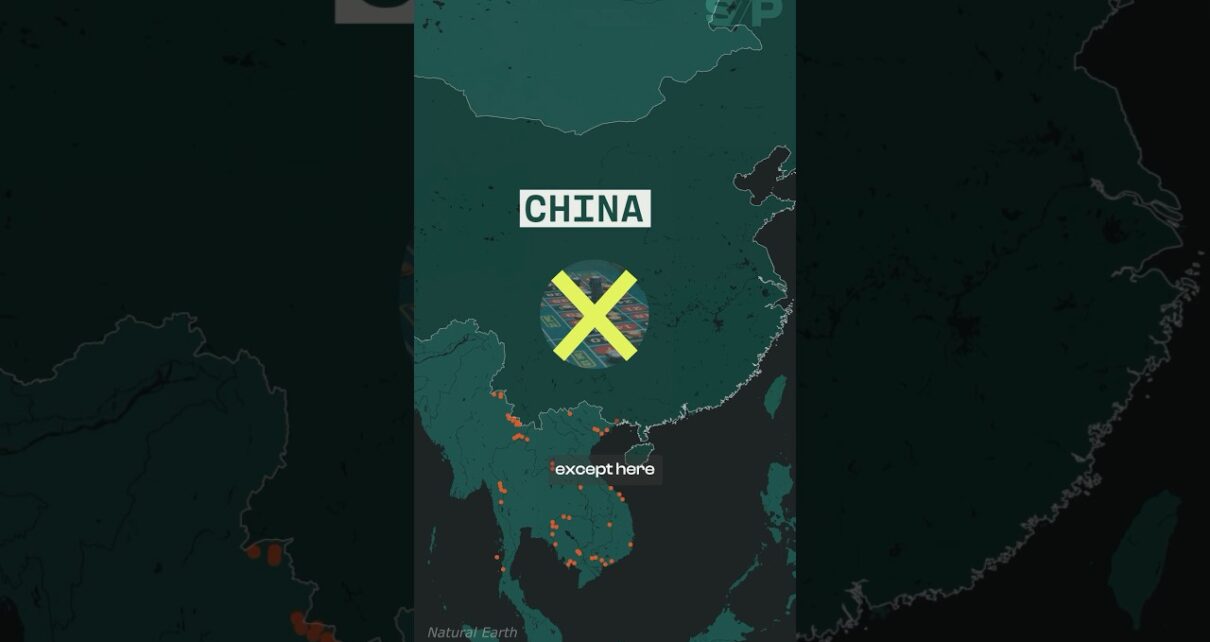How Illegal Casinos Are Taking Over Asia
In recent years, Asia has witnessed a dramatic rise in illegal casinos, challenging traditional gambling establishments and creating a complex web of issues that governments, law enforcement, and local communities must navigate. While the region is home to some of the world’s most famous and legal gambling hubs—such as Macau and Singapore—an underground gambling industry has flourished, leveraging a combination of socio-economic factors, technology, and regulatory gaps.
The Appeal of Illegal Gambling
The allure of illegal casinos can be attributed to a number of factors:
-
Accessibility: In many countries, legal gambling options are limited or heavily regulated. This has led to a burgeoning underground market that offers more accessible gambling opportunities, often in secluded venues or even online.
-
Lucrative Profits: Illegal casinos can operate under the radar, minimizing operational costs and maximally capitalizing on profits without the constraints of taxation or regulatory compliance. This makes them highly attractive to organized crime syndicates looking to profit from high-stakes gambling.
- Cultural Acceptance: In several Asian nations, gambling is not only popular but also culturally ingrained. This cultural acceptance can translate into a tacit approval of illegal operations, as potential players often weigh convenience against the potential risks involved.
Technology and Online Gambling
The rise of the internet has significantly contributed to the proliferation of illegal casinos across Asia. Online gambling platforms can be easily concealed and accessed from anywhere, allowing players to engage in illegal betting with anonymity. Many illegal online casinos operate with little to no oversight, making it difficult for authorities to monitor or regulate them.
Furthermore, the innovative use of cryptocurrencies has further complicated the landscape. Offering anonymity and transnational capabilities, these digital currencies are increasingly used in underground gambling operations, making it hard for law enforcement to trace transactions and hold casinos accountable.
Government Responses and Challenges
Governments across Asia are beginning to grapple with the implications of this growing underground industry. Measures such as stricter law enforcement and tighter regulations have been introduced in some regions, but enforcement remains a significant challenge. Corruption within local governments and law enforcement agencies often hinders meaningful action against illegal operations.
For instance, in countries like the Philippines, the government has attempted to crack down on illegal gambling but has faced resistance from well-funded underground syndicates. As authorities struggle to keep up with the rapidly changing landscape of gambling technology and platforms, illegal casinos are often one step ahead.
Socioeconomic Impacts
The rise of illegal casinos isn’t just a law enforcement issue; it also has profound socioeconomic implications. Communities affected by these operations often face increased crime rates, as gambling-related debts may lead to theft, violence, and other forms of niaganis behavior. Moreover, the influx of illegal operations undermines legitimate businesses, posing a threat to economic stability.
Additionally, public health issues, such as gambling addiction, can escalate as individuals find themselves entangled in illegal gambling networks without sufficient support or resources for recovery. The absence of responsible gambling measures in illegal establishments can exacerbate the problem, leading to further societal ramifications.
The Future of Gambling in Asia
As the illegal casino market continues to expand across Asia, the future of gambling in the region presents both challenges and opportunities. On one hand, the proliferation of illegal operations poses significant risks to public safety and economic stability. On the other, it may prompt governments to revisit and reform gambling laws, creating a more regulated and safer environment for players.
For countries like Japan, which are contemplating the legalization of integrated resorts and casinos, these developments serve as a cautionary tale. Striking a balance between regulation and accessibility will be key to displacing the underground market while ensuring that the interests of local communities are protected.
Conclusion
The rapid rise of illegal casinos in Asia is a multifaceted issue that presents various challenges to governments, law enforcement, and communities alike. As this underground industry continues to evolve, it highlights the urgent need for comprehensive approaches that address the complexities of gambling, technology, and enforcement. Without proactive measures, the shadow of illegal casinos is likely to loom larger over the legitimate gambling landscape in Asia, impacting public health, safety, and the economy for years to come.

